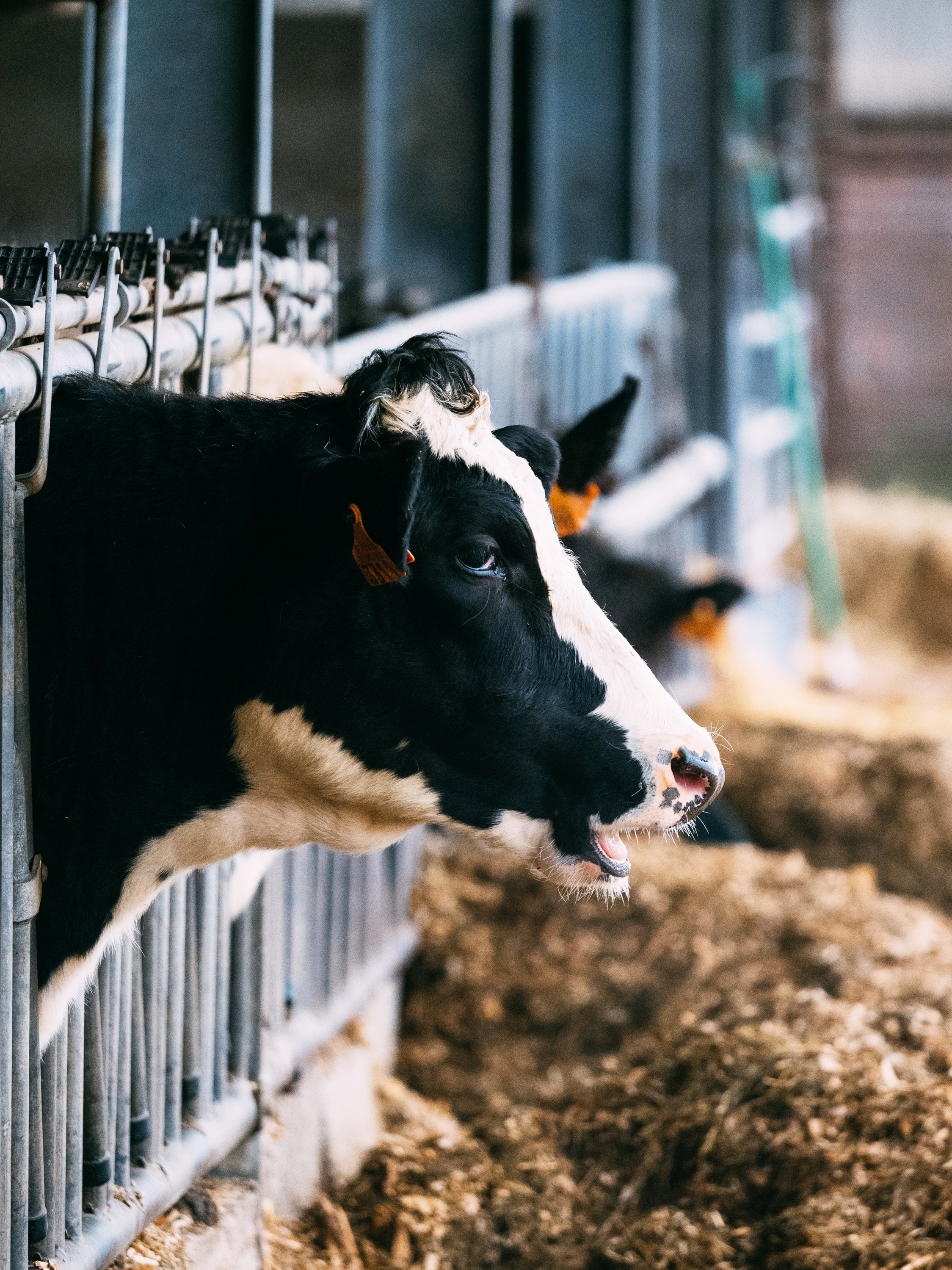Is swapping a beef burger for a plant-based version really going to save the planet? If governments get in on the shift, this small change has huge potential, according to a new report that says that a plant-based food shift is one of three “super-leverage points” that can trigger a cascade effect in mitigating the climate crisis.
Called The Breakthrough Effect, the report was created by an international team at Systemiq together with researchers at the University of Exeter and presented to world leaders at the recent World Economic Forum in Davos, Switzerland.
It identified three triggers that could create a cascade of tipping points across sectors that account for 70 percent of greenhouse gas emissions. The report identified these “super-leverage points”—or small interventions that can cause a major change—as mandates for the sale of electric vehicles; mandates requiring “green ammonia” to be used in the manufacturing of agricultural fertilizers; and public procurement of plant-based proteins.
Unsplash
“With time running out, there is a need to be targeted,” Mark Meldrum, Systemiq partner and a lead author of the report, said in a statement. “Our report spotlights key opportunities to effect change that can produce huge returns in terms of decarbonization. It identifies positive tipping points in the highest-emitting sectors of the global economy, and analyzes the conditions required to trigger them.”
In identifying these three tipping points, the researchers hope to guide world leaders in implementing the Breakthrough Agenda. Launched at COP26 in 2021, the Breakthrough Agenda involves a commitment from 45 countries—which together represent 70 percent of global GDP—to make low-carbon solutions the most affordable, accessible, and attractive option in every sector.
Table of Contents
Plant-based food shift as climate “super-leverage point”
It is no secret that humanity is at a pivotal point in preventing the worst of the climate crisis, a point stressed by the most recent report from the Intergovernmental Panel on Climate Change (IPCC) released last year.
“It’s now or never, if we want to limit global warming to 1.5°C (2.7°F),” IPCC Working Group III Co-Chair Jim Skea said in a statement last April. “Without immediate and deep emissions reductions across all sectors, it will be impossible.”
In The Breakthrough Effect report, the three levers—road transport, green ammonia, and alternative proteins—can lead to substantial tipping points such as cheaper batteries to support solar and wind scale-up in the electricity sector; cheaper hydrogen to help decarbonize the shipping and steel industries; and reduced pressure for deforestation (created by a reduced demand for animal products).
How is a tipping point reached? It happens when a low-carbon solution outcompetes its higher-carbon counterpart, creating a feedback loop that supports the former. “High-emitting sectors of the economy do not exist in isolation—they are deeply interconnected, and zero-emission solutions can influence transitions in multiple sectors simultaneously,” Simon Sharpe, report lead author, said in a statement.
 Unsplash
Unsplash
If global government procurements focused on plant-based alternatives to high-carbon emitters such as meat and dairy, the researchers say that this would be a powerful tipping point that could free up 400 to 800 million hectares of land, while drastically reducing greenhouse gas emissions and cutting incentives for deforestation.
Can governments commit to a plant-based shift?
A number of organizations have been working to help governments adopt a plant-based shift. ProVeg International is a nonprofit that works to make alternative proteins the norm, including in schools across the United Kingdom, Germany, and Poland where it has helped introduce plant-based options on menus to help younger generations make climate-friendly choices.

“We really welcome this high level recognition of the role that plant-based food plays in preventing ecosystem collapse,” Jasmijn de Boo, Vice President of ProVeg International, said in a statement.
“Governments must now respond and immediately encourage policies that allow for the public procurement of plant-based foods in schools, hospitals, and other institutional settings,” de Boo said. “Further, they must look to invest more in research and development of plant-based proteins.”
Concurrently, the Plant Based Treaty (PBT)—a doctrine created to help governments shift toward a plant-based food system—has been gaining momentum with 20 government municipalities around the world voicing their support since its launch in 2021. Haywards Heath in West Essex, England was the first city to sign the PBT in July 2022 and Los Angeles became the biggest city to endorse the treaty in October.
Earlier this month, Edinburgh, Scotland became the first European capital city to sign on to the PBT, with policies related to the shift currently being developed by the Edinburgh City Council.







